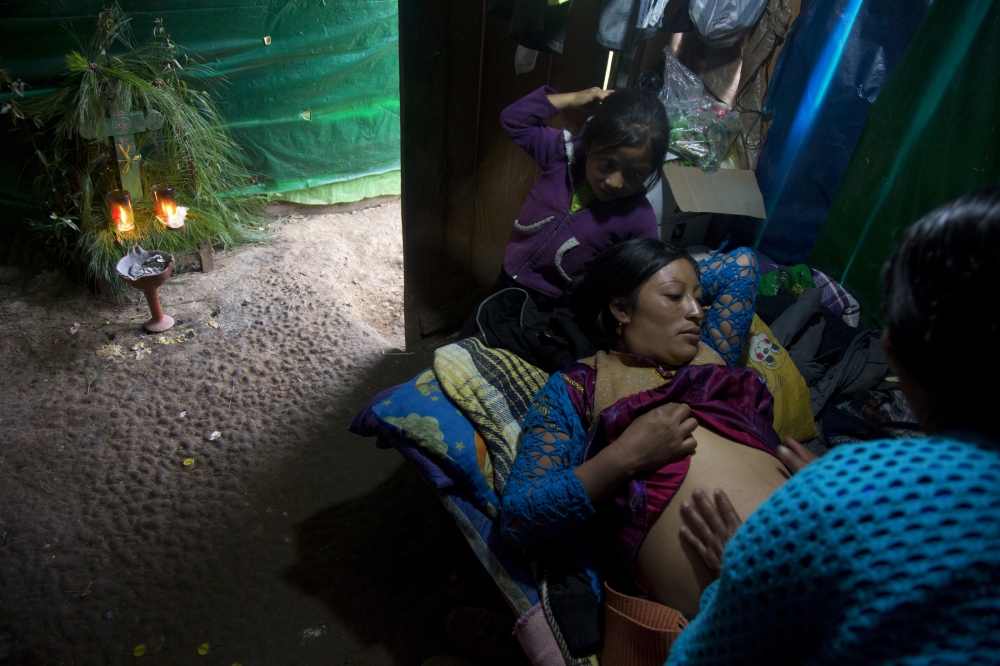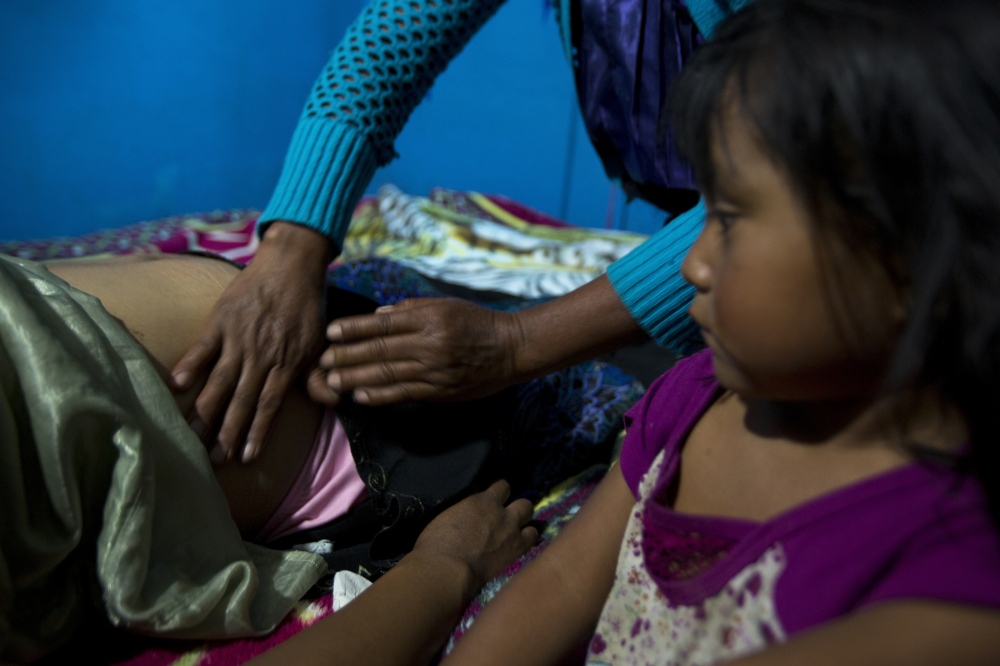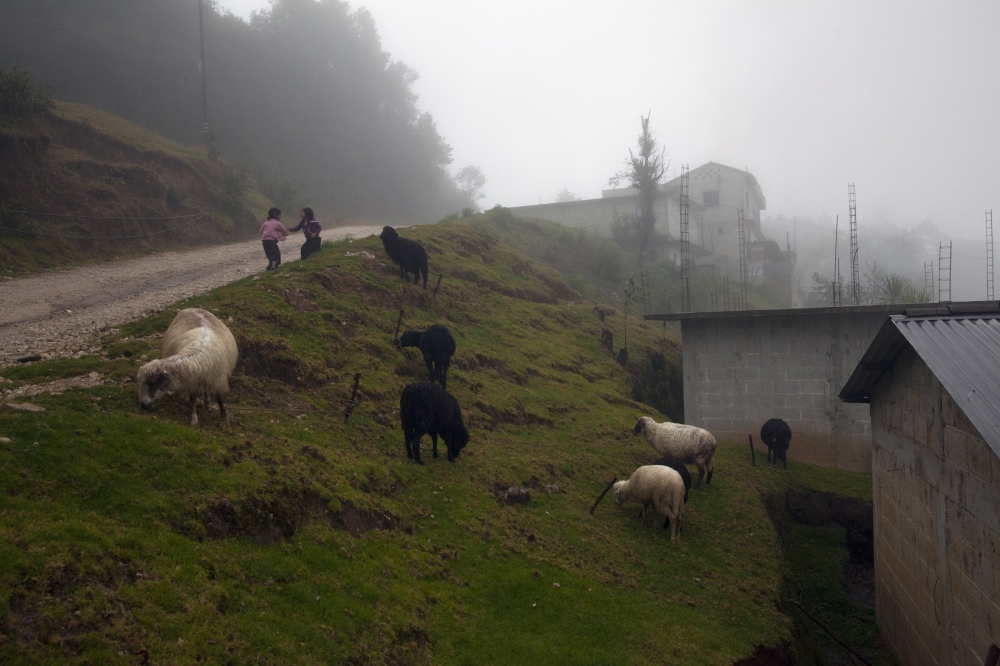CALLING THE MIDWIFE, IN CHIAPAS
Synopsis
Photographs and filming for "Calling the Midwife, in Chiapas" were produced in San Cristobal de las Casas and surrounding villages in Chiapas, Mexico, during four week-long visits to the region between August 2014 and March 2015.
The main aim of the project is to provide viewers with a sense of the complex issues surrounding childbirth in the highlands of Chiapas.
Women in this region often rely on traditional midwives when they give birth. They want to be cared for according to their indigenous customs, and they distrust government hospitals. Most births take place without incident, but when something goes wrong in an isolated community, the consequences can be tragic. Chiapas has alarming maternal mortality and stillbirth rates that are significantly higher than the national average.
Midwives are respected and loved for their skilled hands and wisdom, and for the affection and comfort they bring to women in labor. However, despite being the first point of contact and providers of consistent care for many birthing women, midwives have long felt marginalized in Mexico's healthcare system. Only recently have authorities started to reach out to the midwives by registering them and by organizing sporadic training sessions. It is hoped that better cooperation between medical doctors and traditional midwives could help lower the region's striking maternal mortality and stillbirth rates while providing more culturally appropriate care to indigenous women and their families.
Reflection
I have been based in Mexico since 2003, and I have worked on a number of long-term projects about social issues such as women's rights and healthcare. One of these projects led me to the highlands of Chiapas a number of years back.
As the access I gained became deeper and deeper, I started noticing that in many villages, midwives were community leaders who played an important role in keeping the social fabric intact. They were held in high esteem by their fellow villagers, both men and women. Yet, they felt discriminated against and marginalized by official healthcare authorities who were suspicious of them and who urged women to give birth in government hospitals instead. Many women were resistant to these pressures and preferred to give birth inside their homes with their midwives.
I met several activists and skilled birth attendants who were developing hybrid approaches to caring for pregnant women that combined respect for traditional methods and modern practices, with the aim to create better services and outcomes for birthing women. I was intrigued by the intense passion shown by many of the actors, and I wanted to share these efforts with a wider public. In addition, being at the intersection where traditional and modern societies connect has always been a meaningful experience for me. The delicate dance of the tentative interactions between the two worlds opens up fascinating stories that can help us understand each other better.
As I continued working, I felt that the project was not just a public-health story, but a much broader story that involved cultural divides and issues such as gender equity, discrimination, science, and marked socio-economic disparities. In order to tell this story in all of its complexity, I applied for grants to expand the project. I am extremely grateful that the MacArthur Foundation recently awarded me a two-year grant to develop this theme into a full-length documentary film, which is now in production.






















